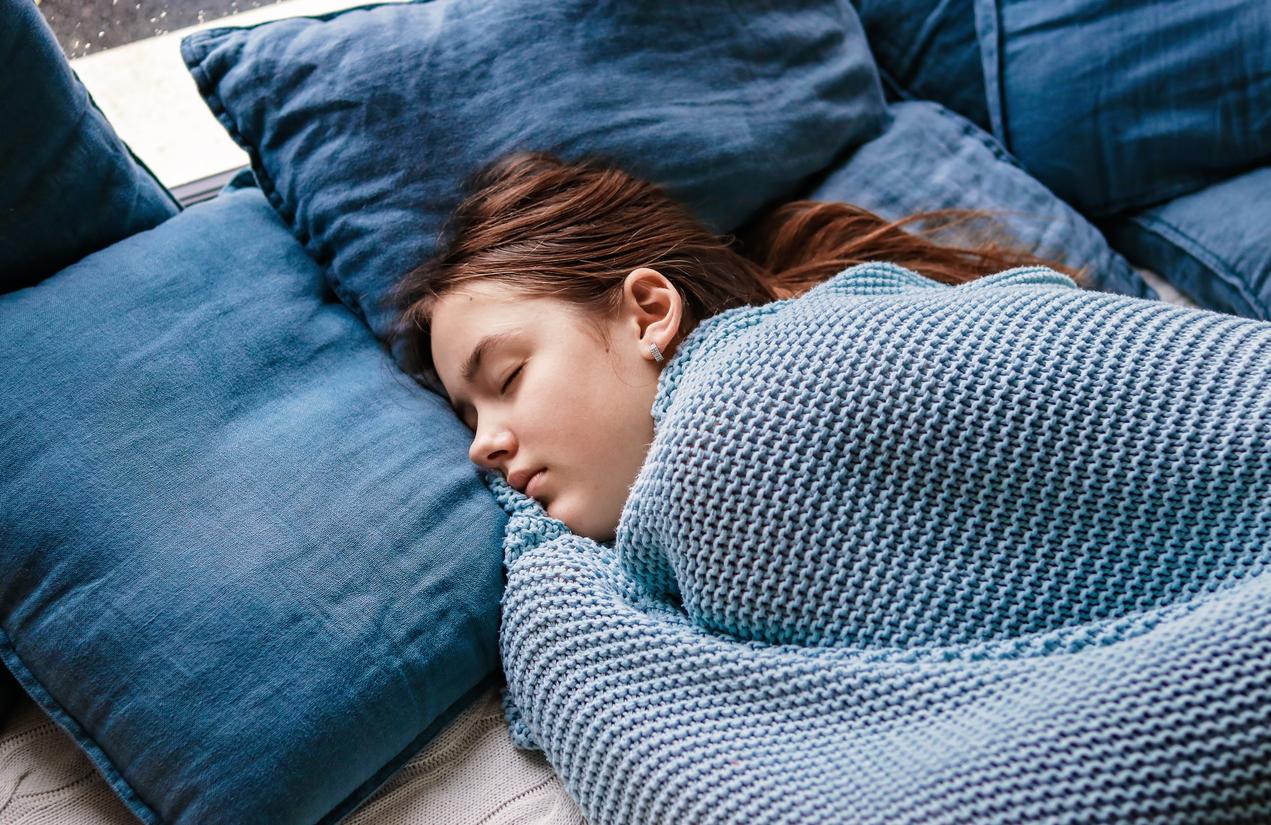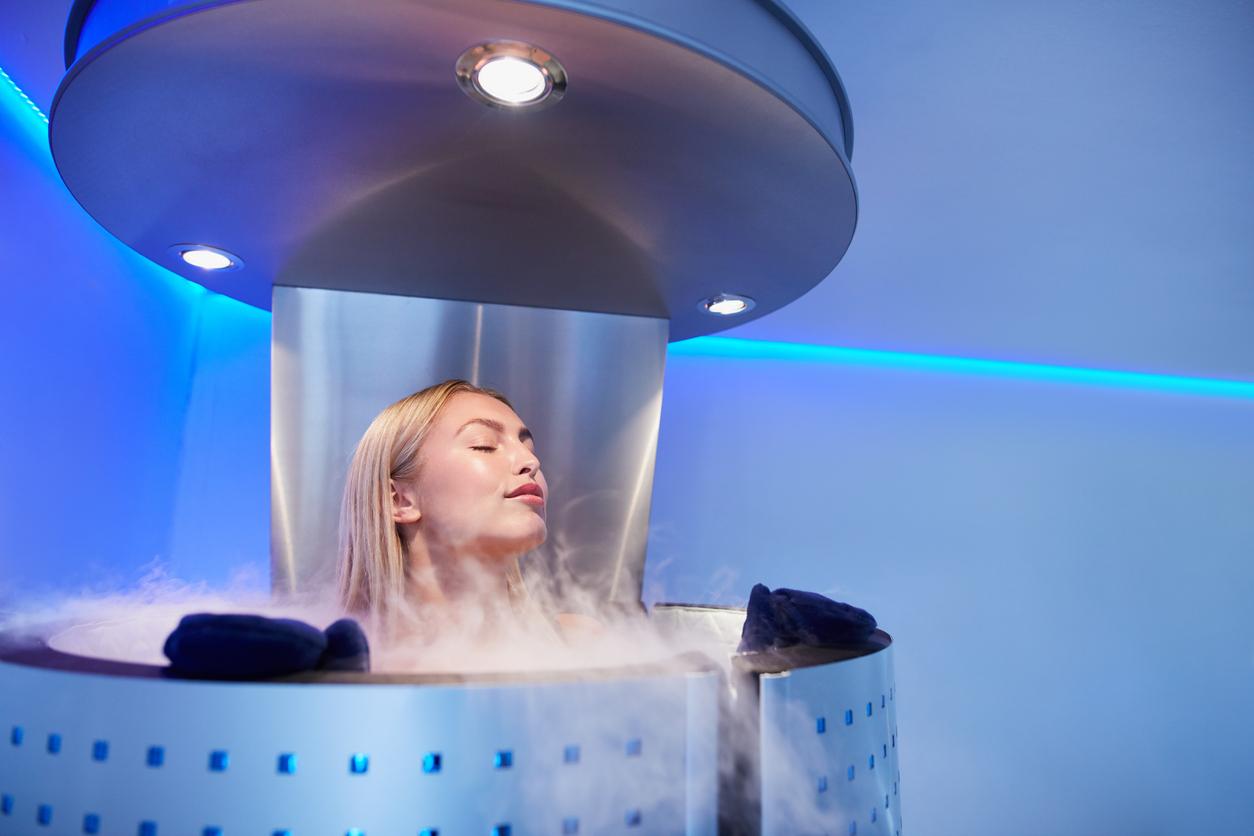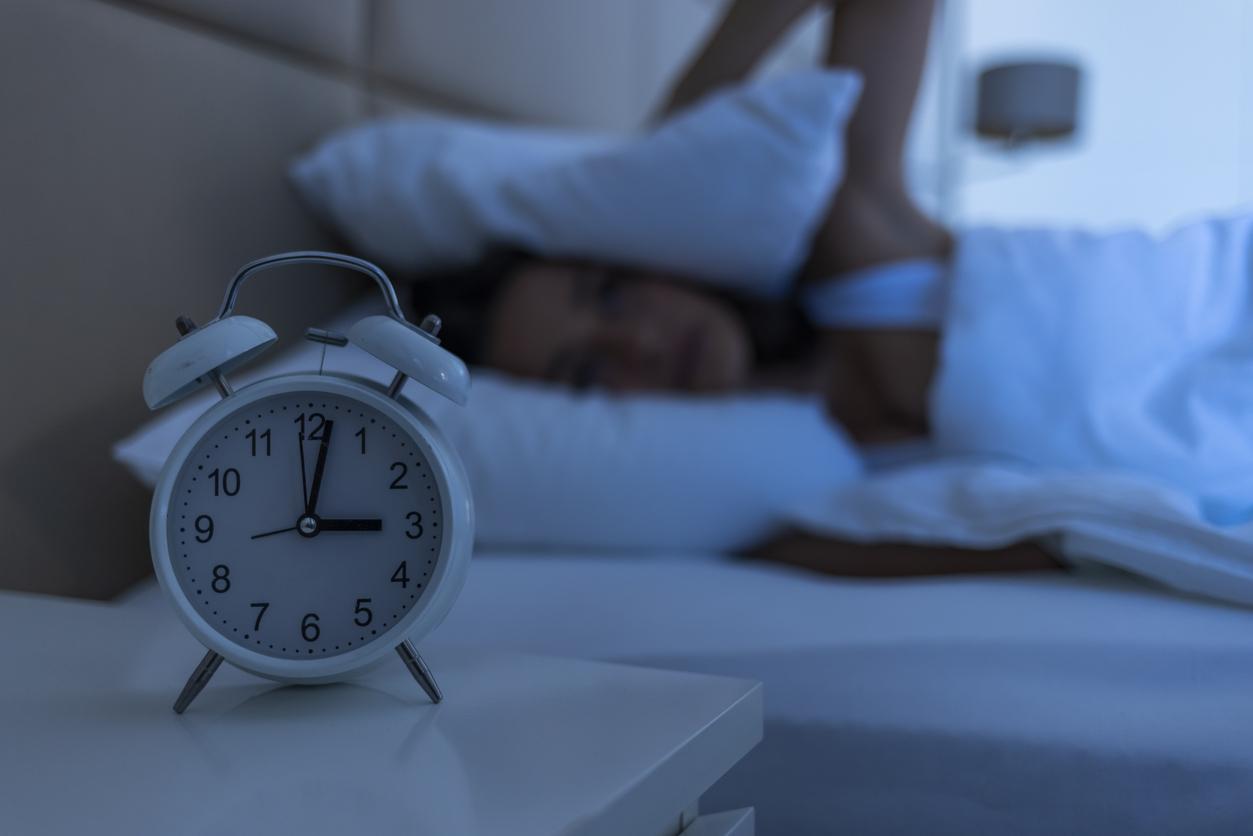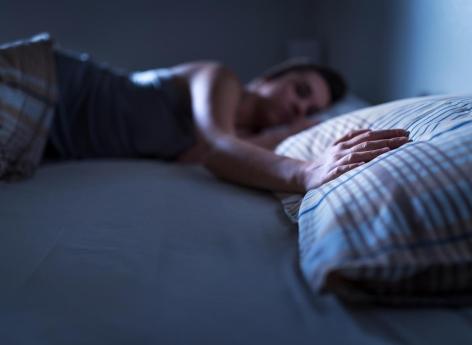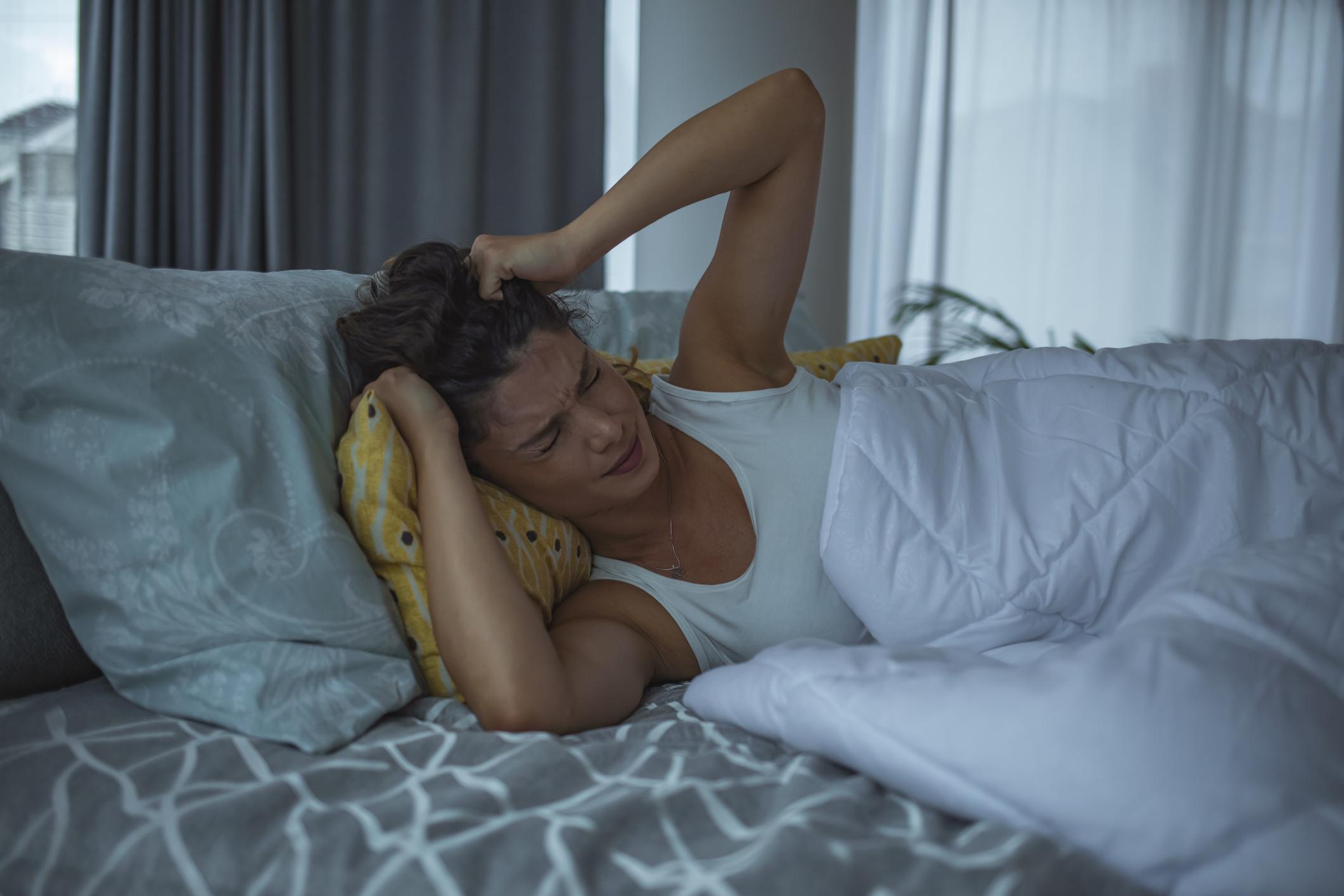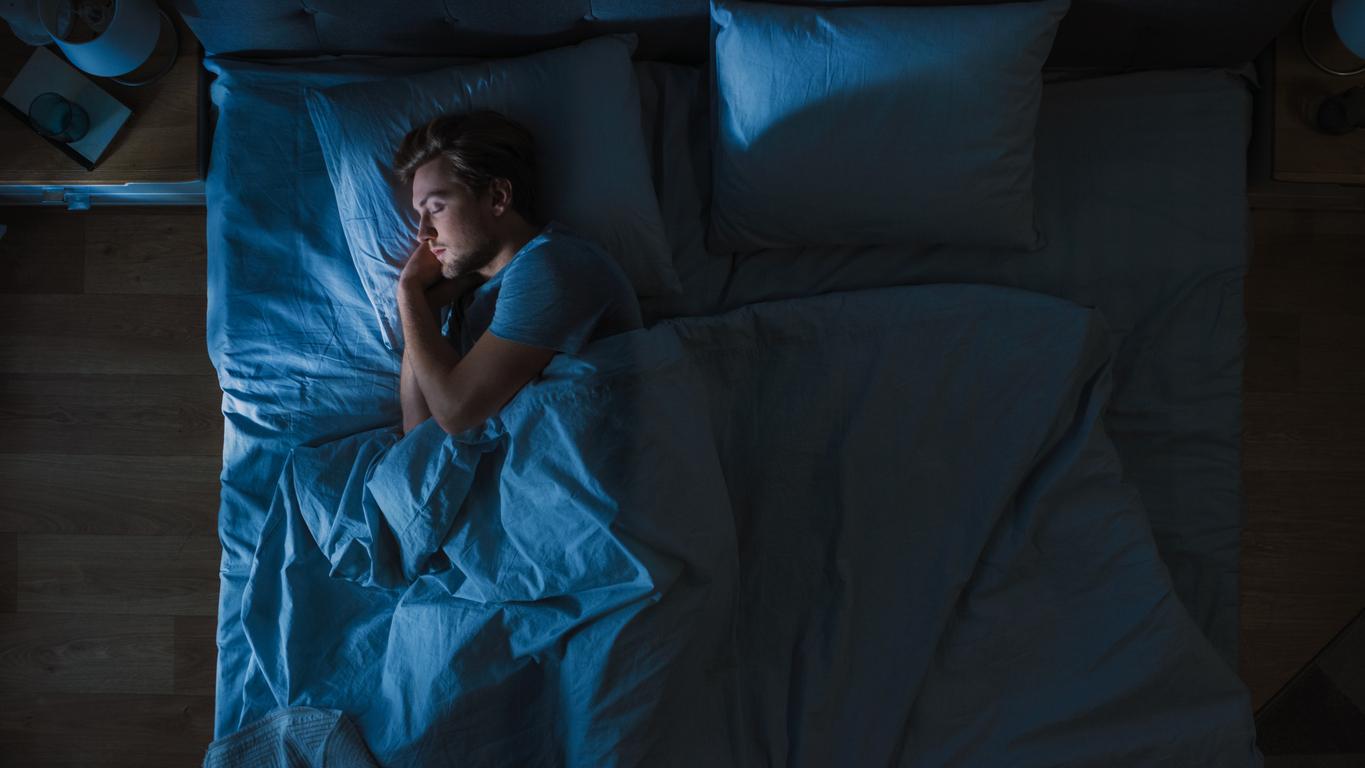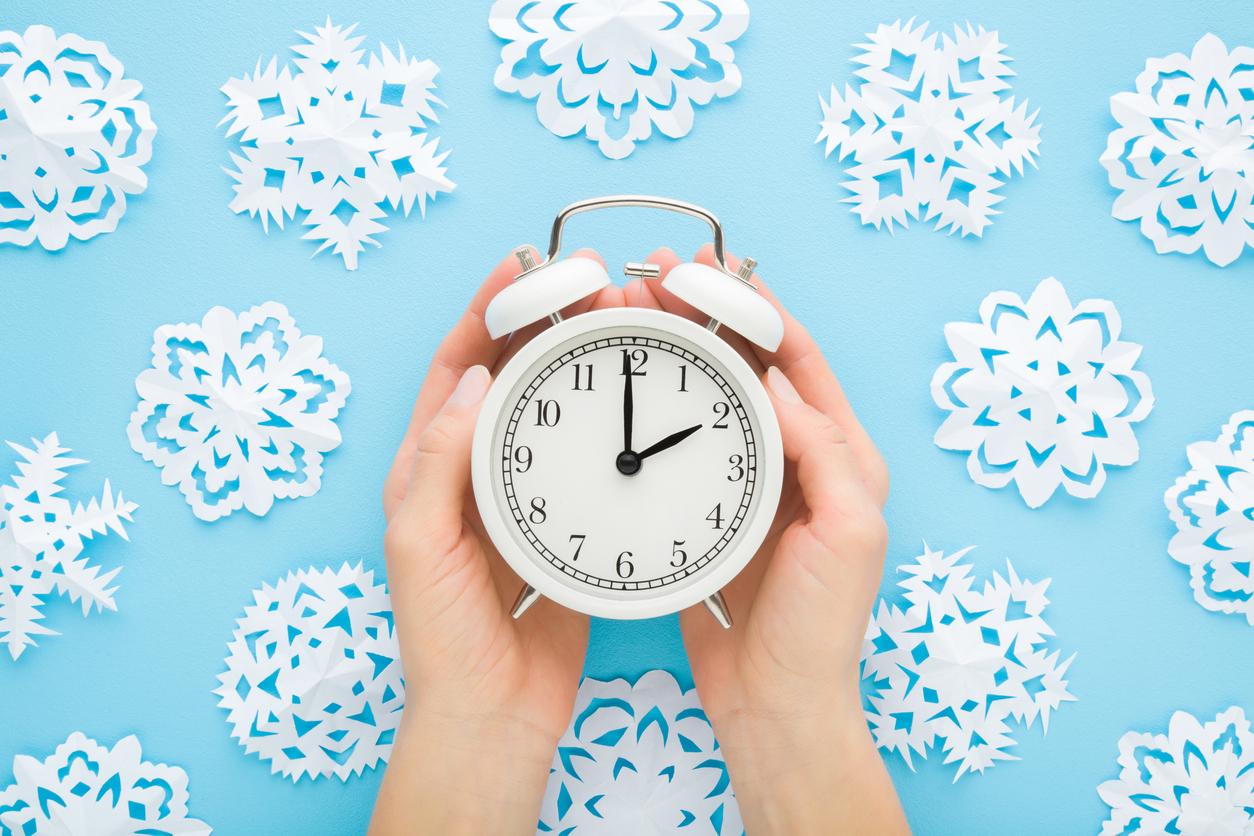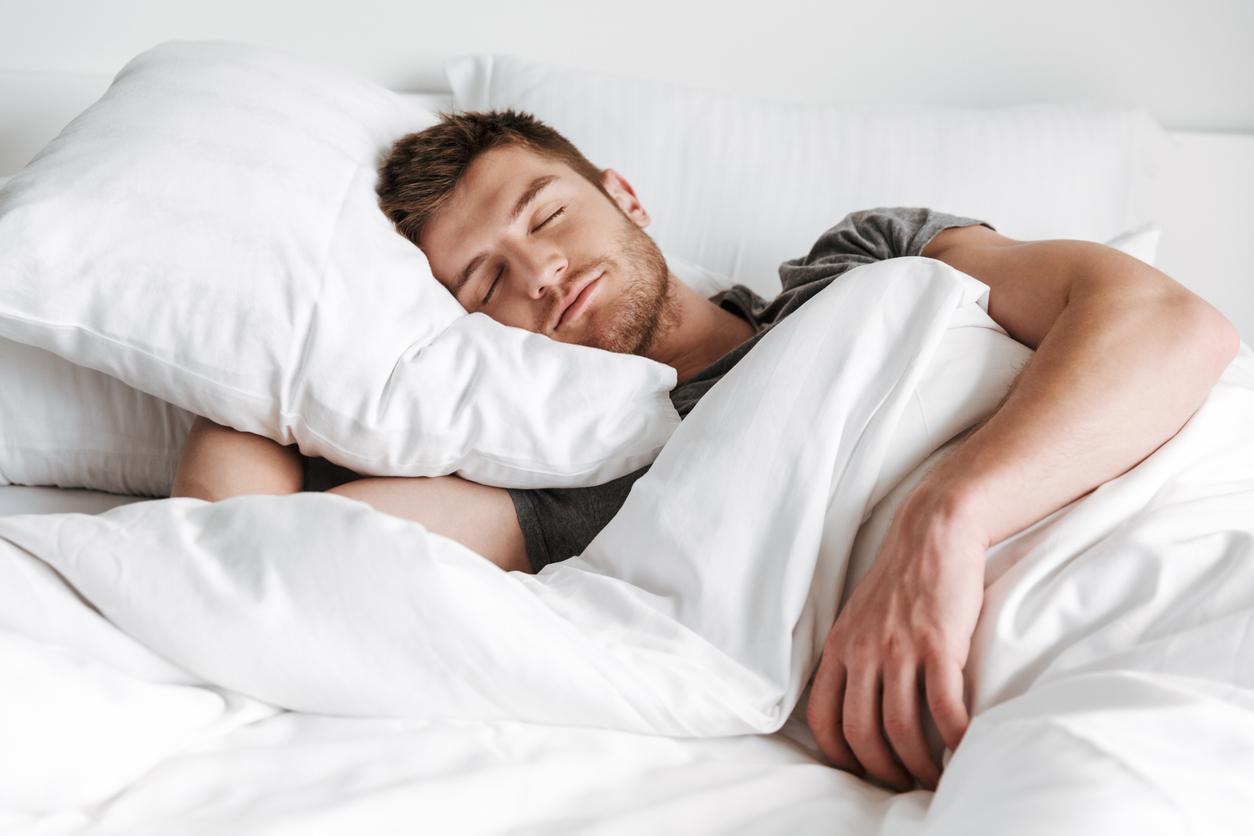“You sleep ?” Who has never received this message in the middle of the night on their phone? 52% of French people keep their smartphone in operation or on standby in their room at night, and 10% admit being woken up by the messages they receive. These figures come from an Opinion Way survey conducted in December 2015 on 1,013 French people aged 18 to 65. At the origin of this study: the National Institute of Sleep and Vigilance (INSV) and mutual MGEN, who wish to warn about the negative effects of digital tools on the quality of our sleep.
The disturbed biological clock
If the smartphone is only one example, it represents quite well the way in which new technologies have interfered in our daily life. Indeed, whether for personal or professional use, 91% of French people use smartphones, tablets, computers or television at night, in their bed. However technology and sleep do not mix well: “there is a proven relationship between the consumption of electronic tools at night and the duration of sleep“deplores Doctor Joëlle Adrien, neurobiologist and President of INSV.
The explanation is biological. The light from screens sends wake-up signals to our brain. The message is therefore contradictory: the body is in a bed, ready to sleep, but the eyes tell the brain to stay awake. And, bad luck, this order is even more pronounced at the end of the day: “evening is when our body clock is most sensitive to screen light and cognitive activity“specifies Doctor Claude Gronfier, neurobiologist and Vice-President of the Francophone Society of Chronobiology. As a result, the biological clock loses its bearings, the structure of our sleep is disturbed and our nights are reduced.
Short and shoddy nights
Because of these uses, an average of 28 minutes elapse between the time you go to bed and the time you turn off the light, then another 22 minutes before falling asleep. On average, the French sleep 7:05 a.m. during the week and catch up on weekends by sleeping 8:11 a.m. But a quarter of the French belong to the profile of “little sleepers”, whose gap widens between the week and the weekend (5:35 and 7:08). “These people sleep less than 6 hours per night on weekdays, which is of concern because it is a threshold of health risk“worries Dr. Adrien.
And even when the night exceeds 6 hours, it is often interrupted. 73% of French people wake up at least once a night, and these awakenings last an average of 30 minutes. They then enter a vicious circle where they look at their smartphone or tablet as soon as they wake up, delaying the time when they can go back to sleep.
>> Also read the infographic: What lack of sleep is doing to your body.
Go out in the light of day to sleep better at night
Faced with bad nights or nights that are too short, should we opt for a nap? Nothing is less sure. We could consider going from monophasic sleep (a single long sleep phase at night) to polyphasic sleep (several small sleep phases spread over 24 hours). But making shorter nights and taking naps during the day is not a good solution, according to Sylvie Royant-Parola, psychiatrist, Vice-President of the INSV and President of the Morphée Network: “biologically, the most recuperative sleep is nighttime sleep. Daytime naps therefore do not compensate for nighttime sleep debts.“
Rather, we must ensure that we adopt good practices. This obviously involves reducing the use of technology in the evening, at least 1 hour 30 minutes before sleeping, by respecting regular sleep schedules and by practicing physical activities during the day. Also learn to disconnect and ban as much as possible smartphone or tablet from your room. Also, remember to go out in the daylight every day. Because “the more we are exposed to natural light during the day, the less sensitive we are to screen light in the evening“explains Dr. Gronfier. This advice is mainly aimed at young people between the ages of 18 and 24, who are both the most affected by sleep disorders and those who go out the least during the day.
Finally, you can bring anti blue light glasses to reduce the impact of screens on your sleep.
>> Read also: our advice for sleeping well
For the 16th day of sleep, ask for the program!
All over France, conferences, meetings and open houses are organized. Find the list of events on the website sleepday.org.
On this same site, also discover the Virtual Sleep Village.
In Paris, come and discover the recordings of an isolated sleeper in a transparent room and the explanations of the experts. (At the Conforama Pont-Neuf store, Friday March 18, 2016 from 11 a.m. to 4 p.m.).
|
Digital tools at the service of our sleep? New technologies can also be used for our sleep. This is the case with connected bracelets or smartphone applications that analyze the quality of our nights. But the results still seem rather crude and imprecise. “Tools to provide information and better manage your sleep are very useful for regulating your sleep-wake rhythm. But when it comes to defining the different phases or stages of sleep, it is not yet finalized, ”underlines the INSV. Others propose to regulate the awakening according to the phase of sleep “but so far, no system has yet been really validated scientifically” notes the institute. These techniques can even prove to be more anxiety-provoking than anything else for the bad sleeper in whom a good night’s sleep can become an obsession. |
Source : press conference of March 15, 2016 on the INSV / MGEN “Sleep and new technologies” survey.
>> To read also:
Drugs, alcohol, screens: the enemies of good sleep
Sleep well: 2 hours less sleep, it really shows!
How does a sleep cycle work?
Sleep positions: what they say about you …










